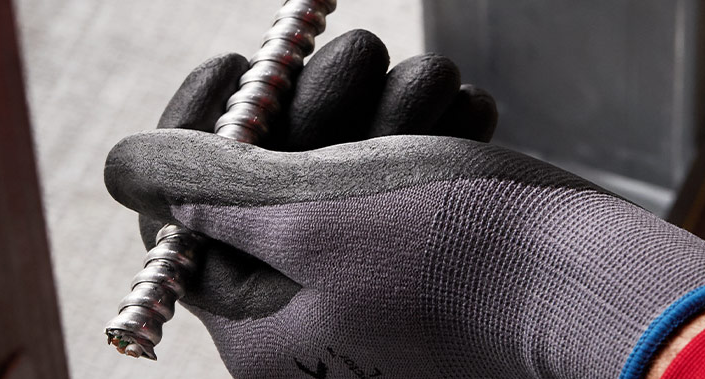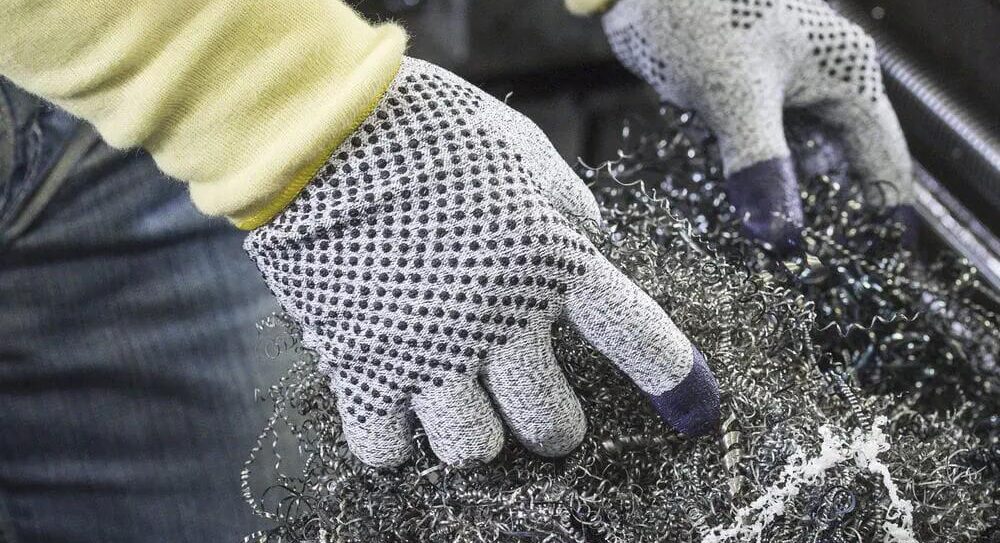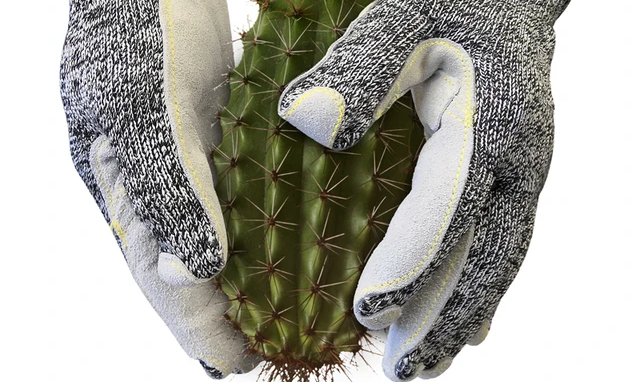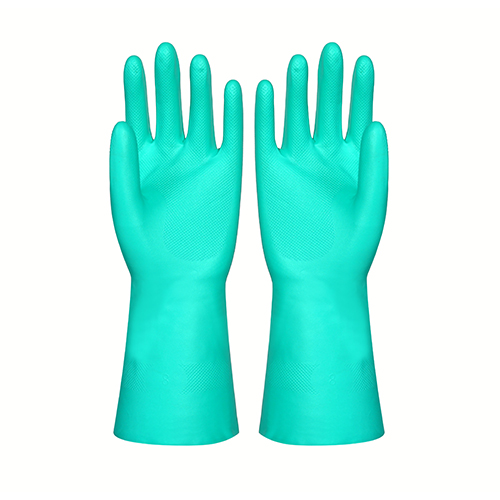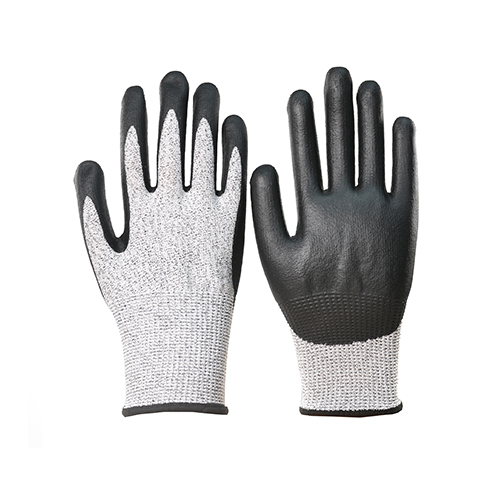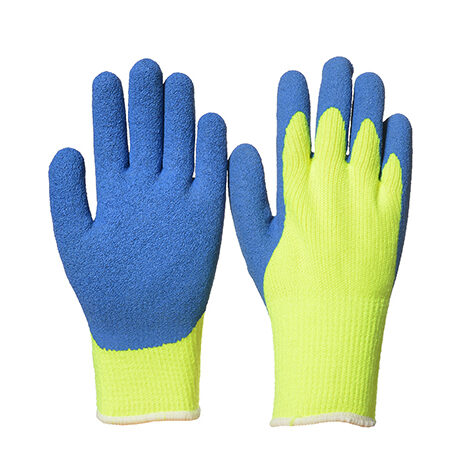What is Puncture Resistant Gloves
The primary purpose of designing puncture-resistant gloves is to protect your hands from being punctured by sharp objects. AIBON’s puncture-resistant gloves not only meet a variety of your requirements but also provide additional unexpected functionalities.
Below are different types of puncture-resistant gloves categorized by AIBON according to their materials. Each material offers varying levels of puncture resistance.
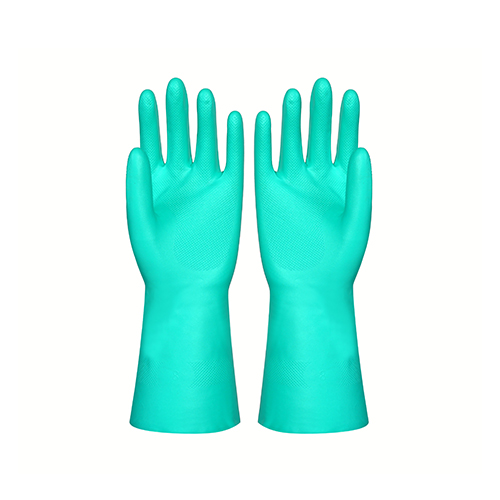
Nitrile gloves are made from synthetic rubber called nitrile. They offer better protection against sharp objects compared to regular latex gloves and provide some level of puncture resistance, although this feature is limited.
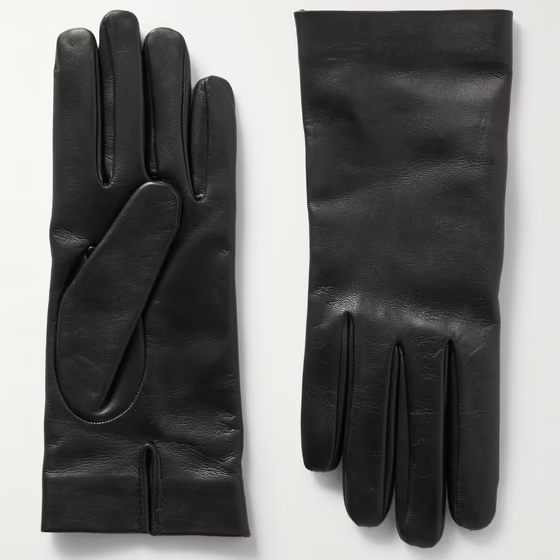
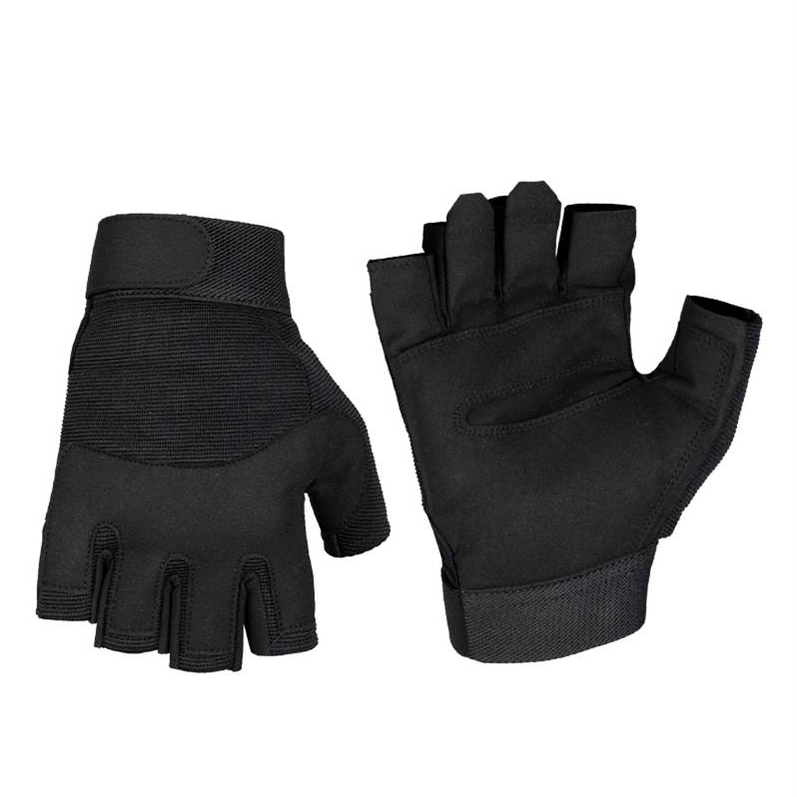
The puncture resistance of fingerless gloves largely depends on the materials used and their design concerning hand protection. However, due to the exposed fingertips, the performance of such gloves is relatively limited.
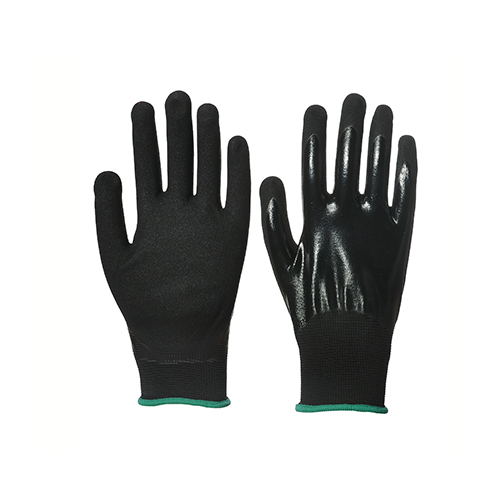
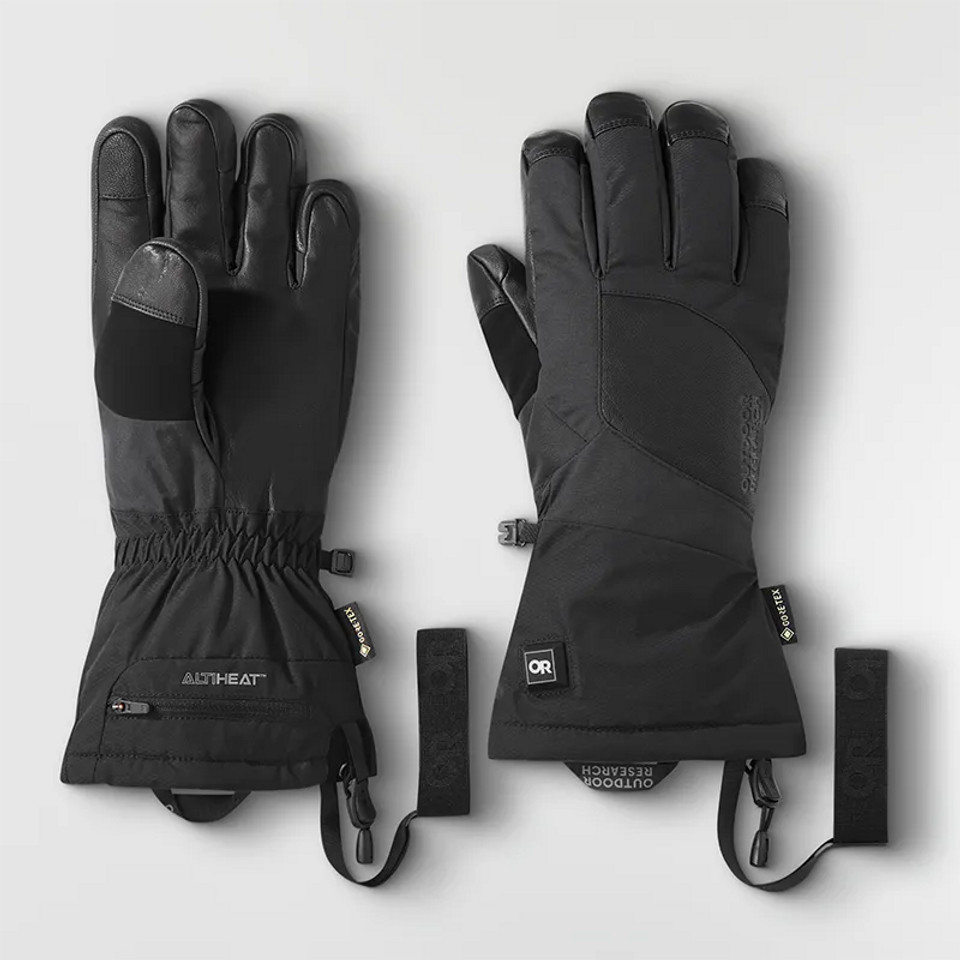
The design of heated gloves is primarily aimed at providing warmth to the hands, but some heated gloves also offer puncture protection, depending on whether the materials of the gloves are rigid.
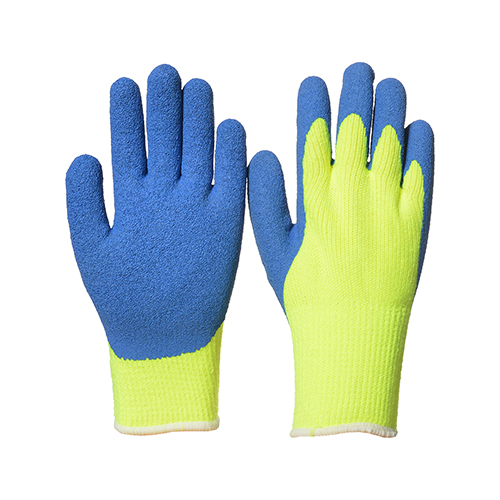
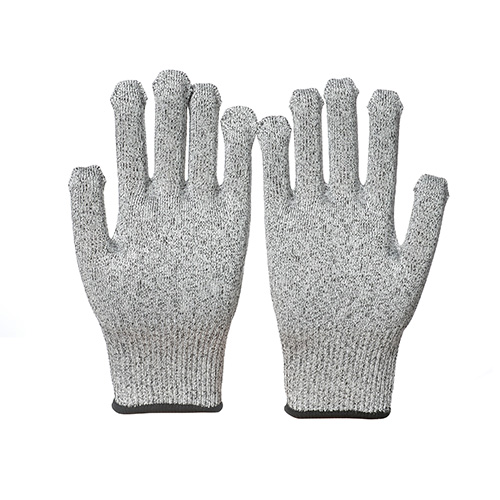
The design purpose of cut-resistant gloves is to protect your hands from cuts rather than solely focusing on punctures from sharp objects. Nonetheless, their puncture resistance functionality remains highly effective.
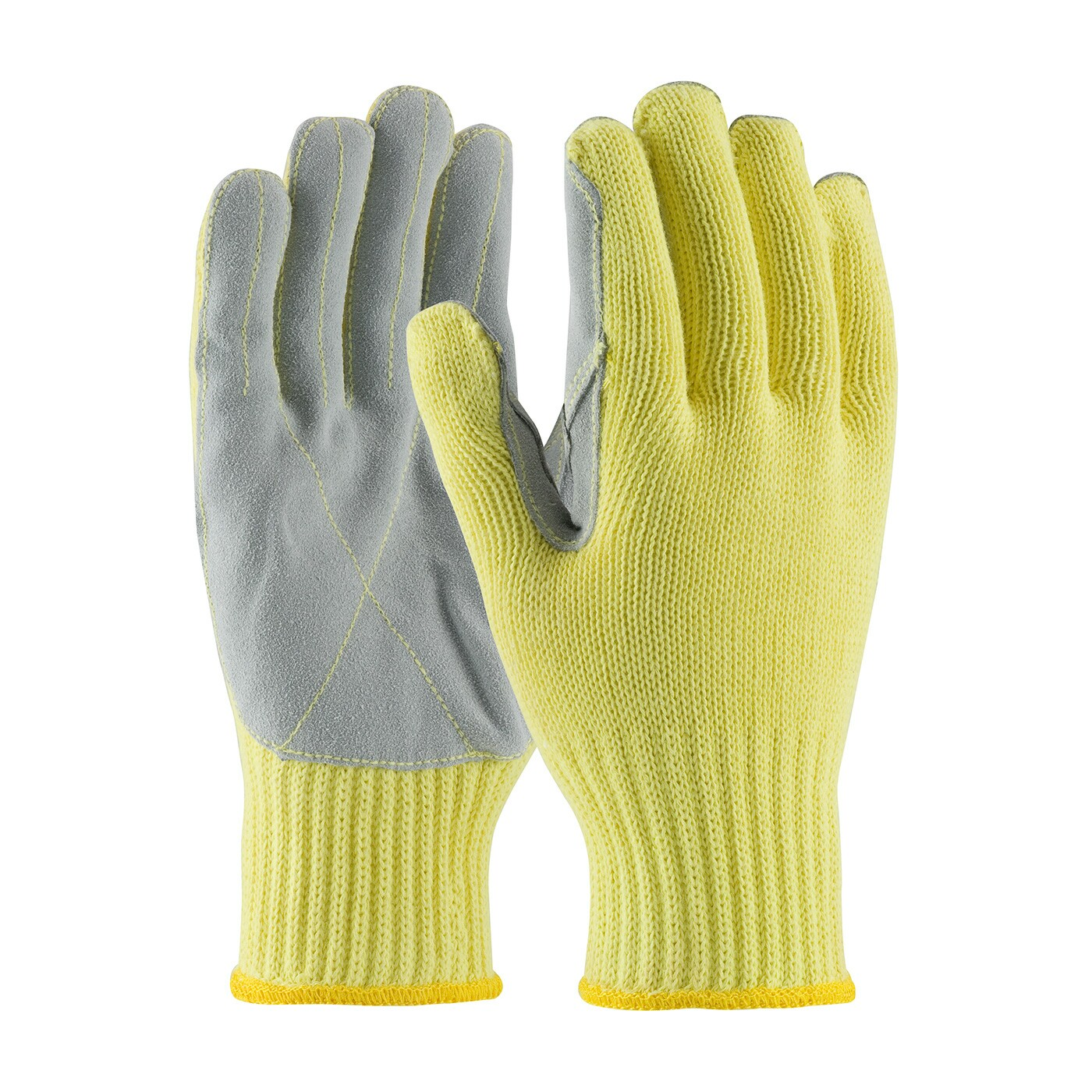
Uses of Puncture Resistant Gloves
The applications of puncture-resistant gloves are highly diverse, and they can be used in a wide range of scenarios. Our Aibon puncture-resistant gloves are no exception, offering multiple functionalities and suitability for various work environments, enhancing your work experience.
- Medical and Healthcare: Primarily used for handling needles, syringes, and other sharp medical equipment, preventing accidental punctures and infections.
- Waste Management: While handling garbage and sorting waste, they can prevent injuries from unknown sharp objects such as glass shards and metal fragments.
- Construction and Building: At construction sites, there are many dangerous objects. Wearing gloves can prevent injuries from nails, metal pieces, and other sharp tools.
- Agriculture and Gardening: When handling thorny flowers or herbaceous plants, wearing puncture-resistant gloves can prevent hand injuries.
- Manufacturing: When operating sharp machine parts and tools, wearing gloves can prevent workers’ hands from getting injured.
- Rescue and Law Enforcement: They can also be used in public services, such as rescue operations and law enforcement activities, preventing injuries from sharp objects and ensuring the safety of rescue workers and law enforcement personnel.
- Laboratory Work: While handling hazardous chemicals and biological materials, they can protect hands from injury and ensure the safety of laboratory personnel.
- Others: Various other applications.
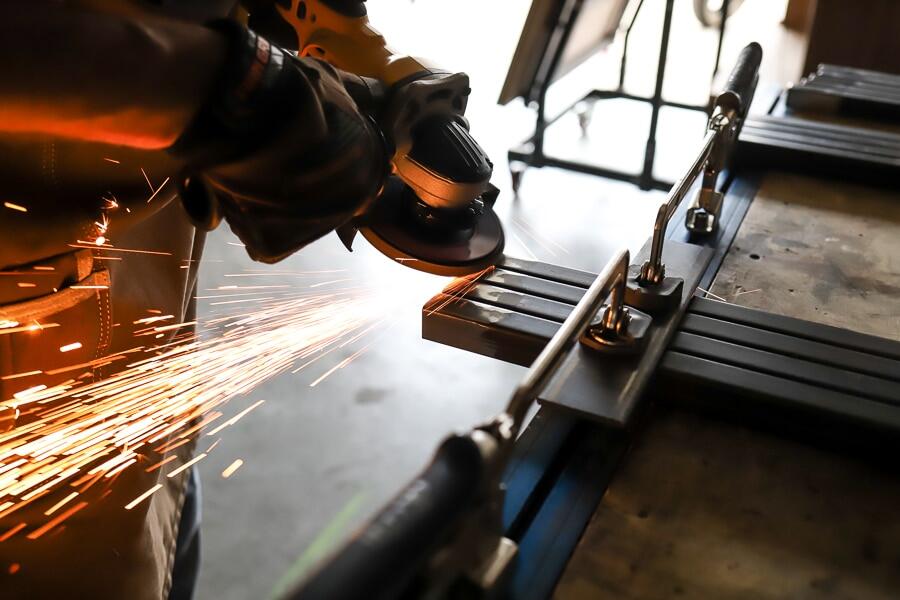
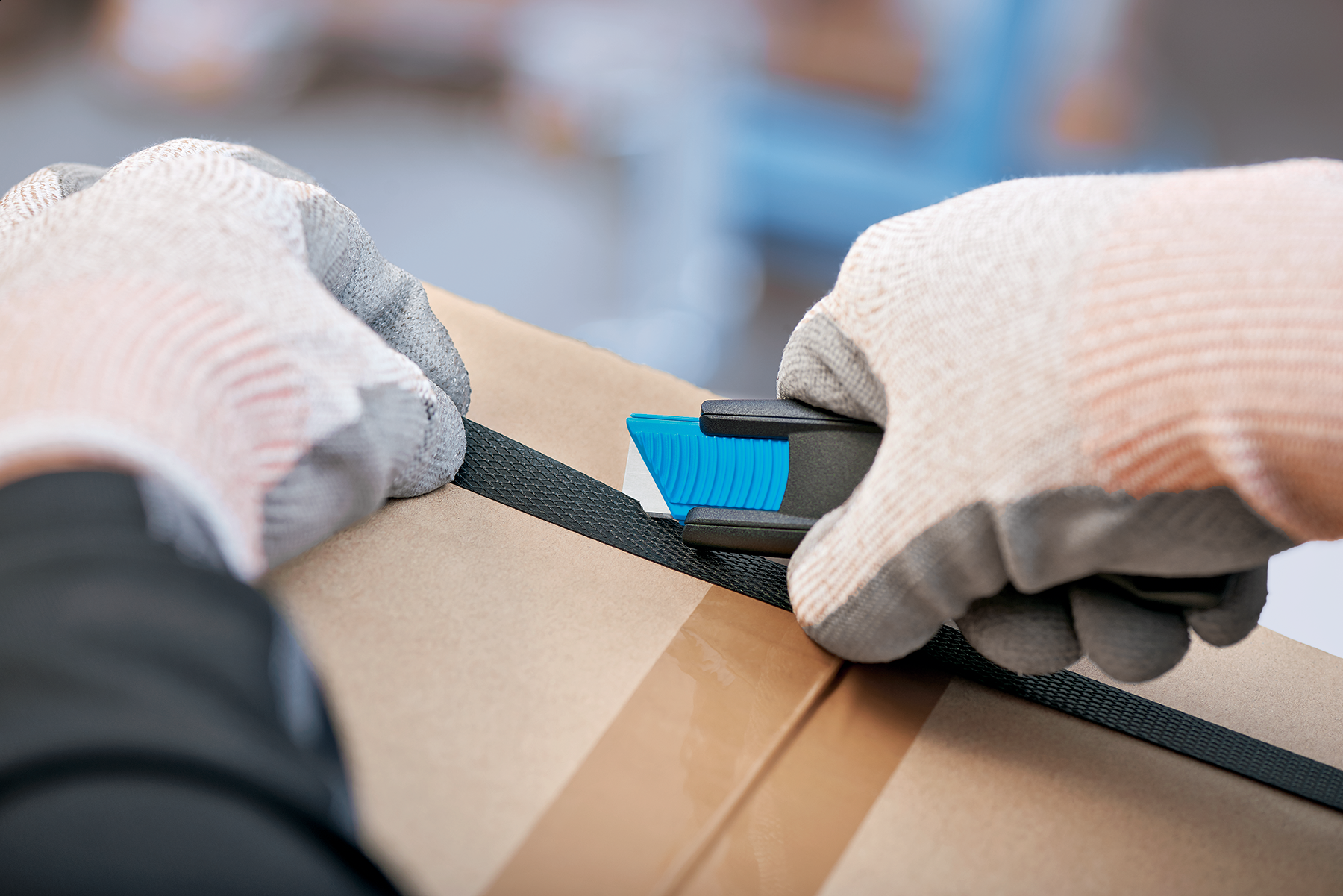
How to Choose Puncture Resistant Gloves that Suit you?
Anti-puncture gloves come in various types due to the different materials used, providing a wide range of options. However, selecting the right pair for yourself can still be quite challenging. Fortunately, Aibon has listed a few criteria to help you make an informed choice.
- First, you need to determine the specific circumstances in which you will use the gloves. The anti-puncture functionality varies with each type, so you should consider the intended purpose and usage scenarios to select the most suitable pair.
- The next factor to consider is the quality of the gloves. How can you test the quality of anti-puncture gloves? Ideally, you should be able to see and directly test a sample. Aibon offers free samples for you to perform the necessary evaluations. If obtaining a sample is not possible, you can assess the gloves based on the certifications they have received.
- Consider your budget. Some might think it’s best to choose gloves based on budget alone. However, if the gloves you purchase do not meet quality standards, it would be a wasted investment. Therefore, it’s important to evaluate all factors comprehensively and choose within your means.
Market Status of Puncture Resistant Gloves
